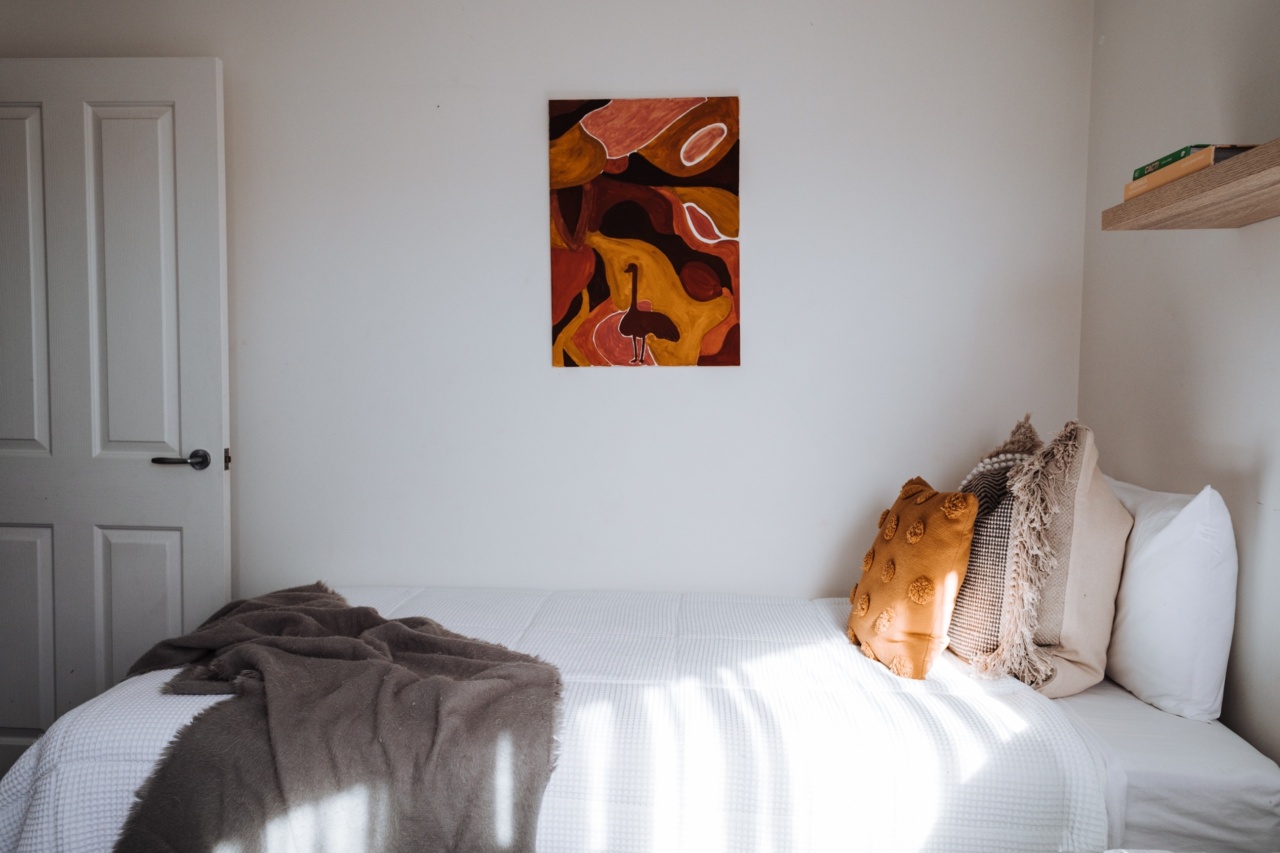Insomnia is a sleep disorder that affects millions of people worldwide. Insomnia can cause problems such as difficulty in falling asleep or staying asleep, waking up too early, and feeling tired during the day.
Lack of sleep can result in crankiness, decreased productivity, lack of focus, and more severe health issues such as depression, weight gain and high blood pressure.
Improving your sleep can help relieve insomnia and improve your overall well-being. Keeping this in mind, here are five simple tips to help improve your sleep:.
Create a bedtime routine
You need to establish a consistent bedtime routine. This routine helps signal your body that it is time to sleep. You can start by setting a time for when you would like to sleep and wake up.
Once the routine is established, try sticking to it even on weekends as much as possible. By sticking to the routine, your body will adjust, and you will start feeling drowsy as your bedtime approaches.
Make sure your bedtime routine involves some relaxing activities such as reading a book, taking a warm bath, or practicing meditation. This will help calm your mind and body, making it easier to sleep.
Maintain a comfortable sleeping environment
Creating a comfortable sleeping environment can help you improve your sleep quality. Try to keep your sleeping environment cool, quiet, and dark.
Use earplugs if your environment is too noisy, and, if necessary, wear an eye mask to make your sleeping environment darker.
Investing in a good quality mattress and pillows is also crucial for your comfort. Your mattress and pillows should be both supportive and comfortable, so you don’t wake up with any back or neck pains.
Avoid caffeine, Nicotine, and alcohol before bedtime
Avoiding caffeine, nicotine, and alcohol before bedtime can help you improve your sleep quality. Caffeine is a stimulant that keeps the brain alert, while nicotine is also a stimulant that disrupts sleep patterns.
Alcohol, on the other hand, might help you fall asleep quickly but interferes with deep sleep later in the night, leading to frequent waking up and poor sleep quality.
If you need a nighttime beverage, try warm milk, herbal tea, or just water.
Avoid using electronic devices before bedtime
The blue light from electronic devices such as smartphones, laptops, and TVs can disrupt your circadian rhythms and interfere with your sleep patterns. Ideally, you should not use electronic devices for an hour before going to bed.
This will help your brain and eyes to rest and make it easier to fall asleep.
Instead of scrolling through your phone, read a book, or listen to some relaxing music.
Manage your stress
Stress is one of the most common causes of insomnia. If you are stressed, anxious, or worried, you might find it difficult to sleep. To reduce this stress, you need to manage it healthily.
You can try meditating, exercising, or practicing yoga as a stress relief technique. These techniques will help lower your heart rate, reduce cortisol levels in your body, and make you relax, helping you sleep better.
Conclusion
These five simple tips, when practiced regularly, can help you improve your sleep quality and relieve insomnia.
Remember, it’s essential to have a regular bedtime routine, create a comfortable sleeping environment, avoid alcohol and caffeine, avoid using electronic devices, and manage your stress. If you still find it challenging to sleep, do not hesitate to reach out to a medical professional for additional support.





























